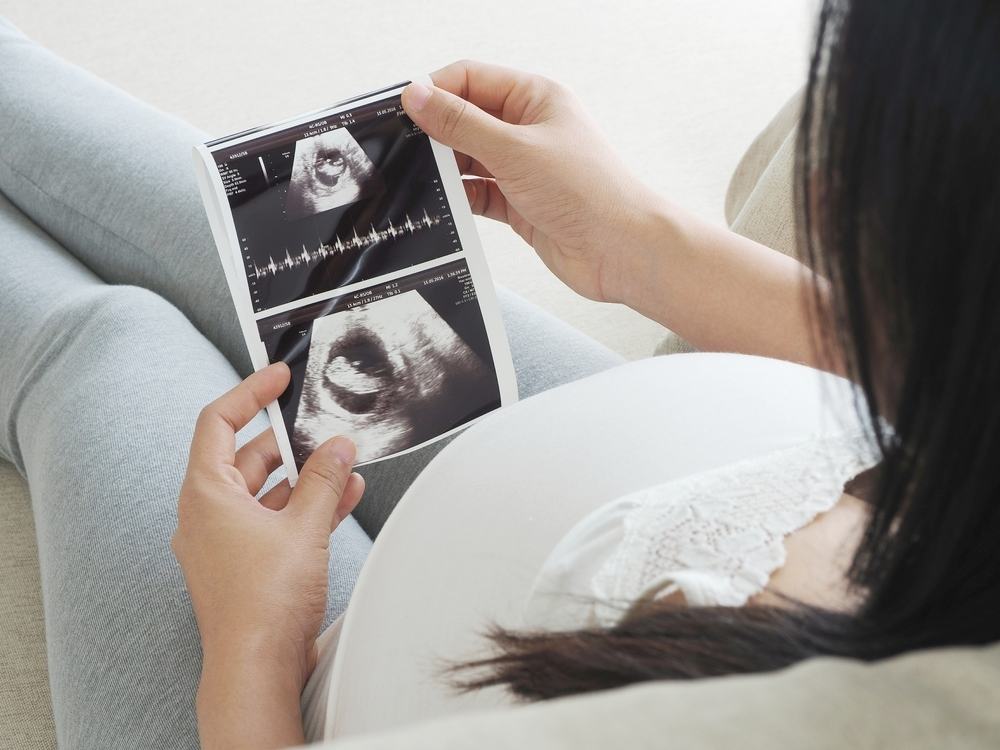Contents:
- Medical Video: In-Laws Always Want Money
- Does staying with your mother-in-law affect the fertility of your daughter-in-law?
- Then what are the results?
- How come?
- Relax, staying with your mother-in-law doesn't necessarily affect your wife's fertility
Medical Video: In-Laws Always Want Money
Do you currently live at home with your mother-in-law?A recent study published in the Royal Society Open Science journal seems to show that living in a house with your husband's mother-in-law can have an impact on the number of children a married couple has. How can they influence each other? Find out the answer below.
Does staying with your mother-in-law affect the fertility of your daughter-in-law?
Actually there is only one study conducted by Susanne Huber, Patricia Zahourek, and Martin Fieder from the Department of Anthropology, University of Vienna in Austria.
The researchers studied what the impact would be if a wife lived together with her own mother or with her partner's mother. To clarify the influence of the presence of mother and mother-in-law on the number of children owned by couples, Fieder and his colleagues monitor the medical records of more than 2.5 million women of childbearing age from 14 countries around the world. This data is collected from the census IPUMS-International.
In his analysis, the researchers considered various variables. Including the number of wives who have been born, the age of the wife, the estimated reproductive period of the wife, and whether their biological mother or mother-in-law intervened in the household life of the couples they studied.
Then what are the results?
The researchers found that in the majority of cases, couples did not choose to live with their biological mothers or mother-in-law.
Except for women in Iran, the majority of married women live only with their partners without bringing other family members. Beyond that, in 13 other countries including Pakistan, Zambia, Romania, Brazil and the United States (US), there are still quite a number of women who live with their mother-in-law.
In these countries, the study found that women who lived with their biological mothers or mother-in-law had fewer children than women who lived alone with their husbands. In addition, the scientists found that in most countries, there were fewer girls born to wives who lived with their own mothers compared to their mothers-in-law. That is, wives who live with their mothers give birth to more sons. Whereas wives who live with mothers from their husbands give birth more to daughters.
How come?
Although this study only found a tendency and could not explain exactly the causal relationship, Fieder and his colleagues found several possibilities that could explain the reason why living with a mother-in-law or mother alone affects the number of children in the family.
In some families, the presence of in-laws can be a separate financial burden. Although in-laws can be very helpful for couples in caring for children, it cannot be denied that couples also need to provide a variety of needs for their parents. Therefore, the burden of the couple is double, namely taking care of the child and their parents. As a result, couples may choose not to have many children. This is the reason most researchers believe.
Relax, staying with your mother-in-law doesn't necessarily affect your wife's fertility
Don't worry if you and your partner plan to have lots of children, but now live with their parents-in-law. Because, there is only one study that highlights this phenomenon. The study also has not found a definite cause why the wife who lives with her mother or her husband's mother has fewer children.
In addition, the strongest suspicion of researchers is directed at socio-economic reasons, not biological causes. So, there is no need to worry about you being infertile or having trouble getting pregnant if you have to live with your mother or mother-in-law.













